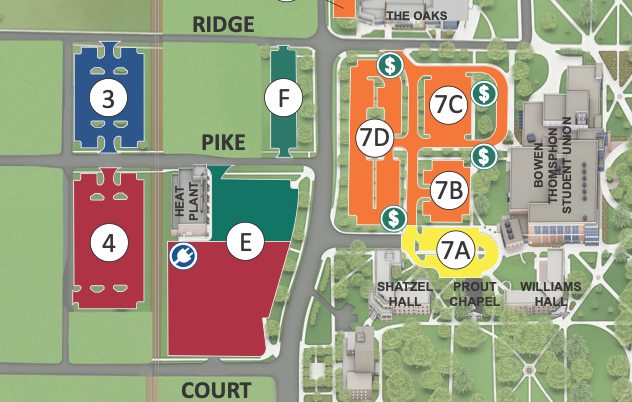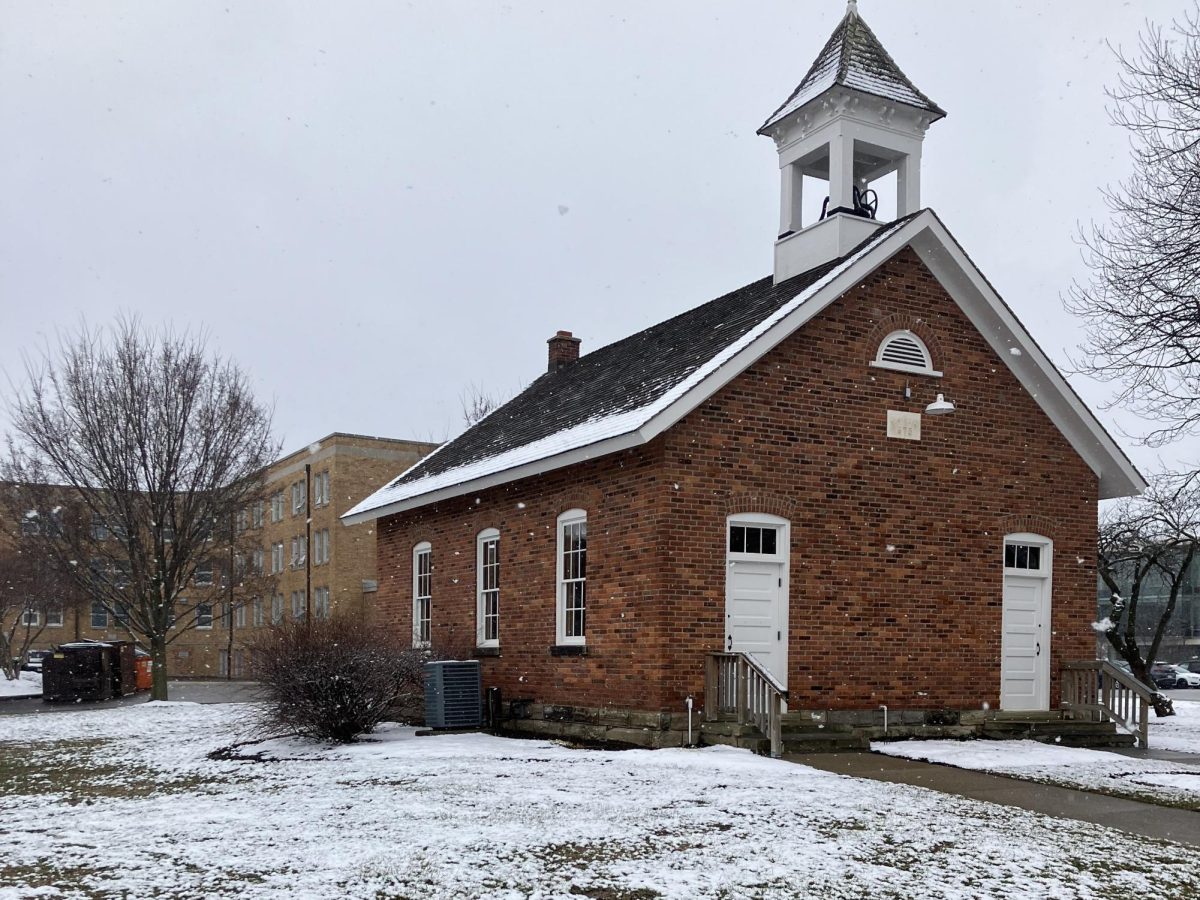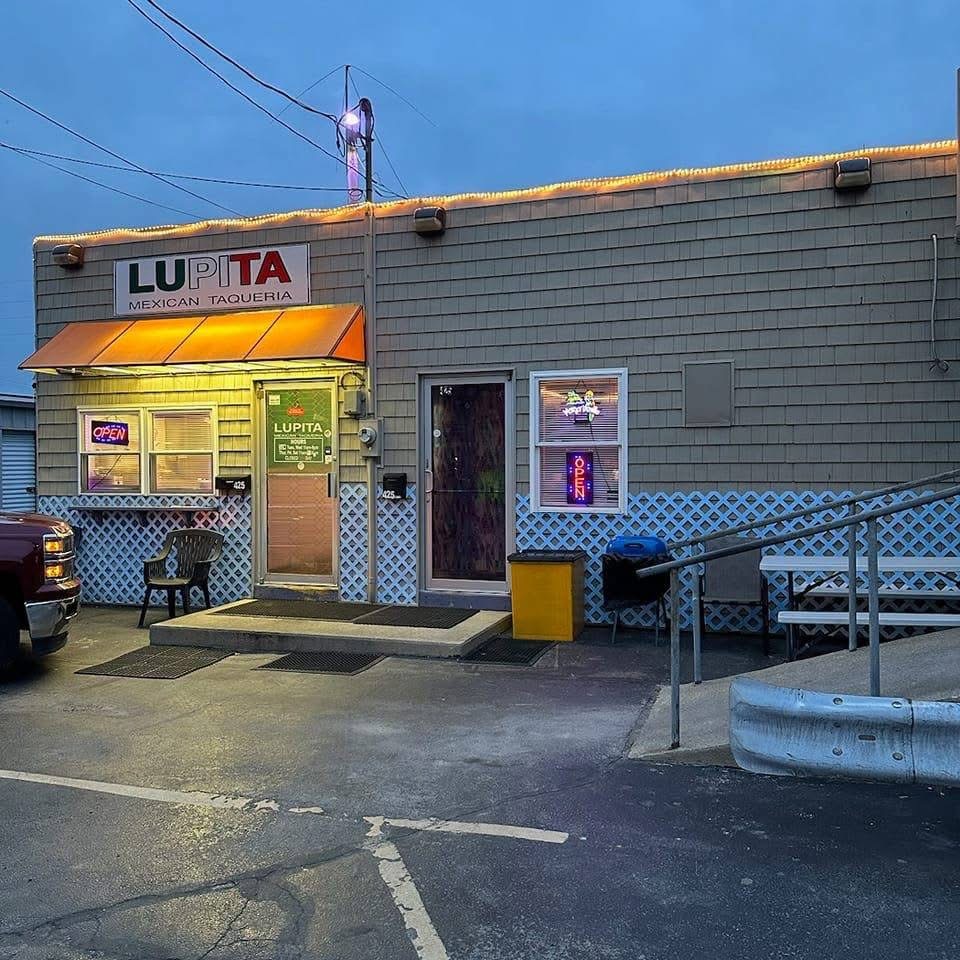The Office of Multicultural Affairs started their Native American Heritage Month event series by hosting a kickoff dinner on Tuesday at the Mileti Alumni Center.
The event was free and open to the public and featured guest speaker Lynda Dixon, a professor in the Department of Communication. Her family is from the Cherokee tribe and survived the Trail of Tears in 1836.
She thanked her audience for coming and thanked them for “not forgetting the vanishing Indian.”
“There were some authors who were saying that by the late 60s that we would all be gone,” she said. “We proved them wrong and we will continue to prove them wrong.”
She spoke to the audience about the colonization of North America and how the history of the colonizing of the Americas is lost.
“It’s an old history. So when we’re talking about what colonization is, it is when a group, a family, a nation decide that they need and want whatever they see. And because the people looked different and speak differently and worship differently, then the assumption is that they’re not worthwhile.”
When the European settlers and the indigenous people of North, South and Central Americas made contact, the settlers gave the indigenous people venereal diseases, smallpox and changes to their diet with the introduction of new domestic animals.
Dixon also shared with the audience the story of her family.
“We represent a portion of Indian Nation,” she said. “And we are from the Cherokee Nation that started in the southeast.”
The Cherokee Nation has a history of interracial marriage, her grandfather being Irish and Scottish and her grandmother a Cherokee woman.
“Cherokees, when they were still in the southeast, became Christian very quickly. They became landowners … really good farmers,” Dixon said. “And then the worst thing that could happen to Indian land happened: they found gold.”
The quick adaptation of the Cherokees frustrated Americans as they succeeded on their farms, found gold deposits on their farmland, their sons were sent overseas for education, and formed their own government.
“They voted,” she said. “They had a constitution. They had a newspaper. They had their own language.”
In the 1830s, President Andrew Jackson signed the Indian Removal Act, allowing him to grant unsettled lands west of the Mississippi in exchange for Indian lands within existing state borders.
The Indian Removal Act forced the Cherokee Nation to migrate from east of the Mississippi River to land that is present-day Oklahoma.
“For the Cherokees, they quite literally pull them out of their houses, burned the houses, killed the cattle … and death marched people up to the Arkansas River (through) the hottest summer in history and then the coldest winter. Over 4,000 people died.”
In Oklahoma, where her grandparents and parents lived, it was dangerous to speak or learn Native American languages.
It had gotten so dangerous that her grandparents “had a sit down with the children and said, ‘This is a dangerous time to be Indian…. Don’t speak Cherokee,’” she said.
She expressed love and adoration for her grandparents who worked hard to pay off their house in Oklahoma in order to provide their family with a place to always stay.
“And when (my grandmother) passed away … she had arranged that the children took title of the house. And that became the safe place of all our lives.”
Dixon also read excerpts from chapter in a book called “Our Voices: Essays in Culture, Ethnicity and Communication” written by University professor Albert Gonzalez and other authors, which brings different accounts of personal and cultural perspectives in first person. Her son also wrote a passage for her chapter.
“When I mention home,” her son wrote, “I do not refer to the wood or nails, but rather to the concept of family which roots itself in such structures….The family continues to change … but we have one major thing in common: we’re not just family, we’re a Cherokee family.”
The next Native American Heritage Month event is an Ethnic Student Center Dialogue on Monday.



















